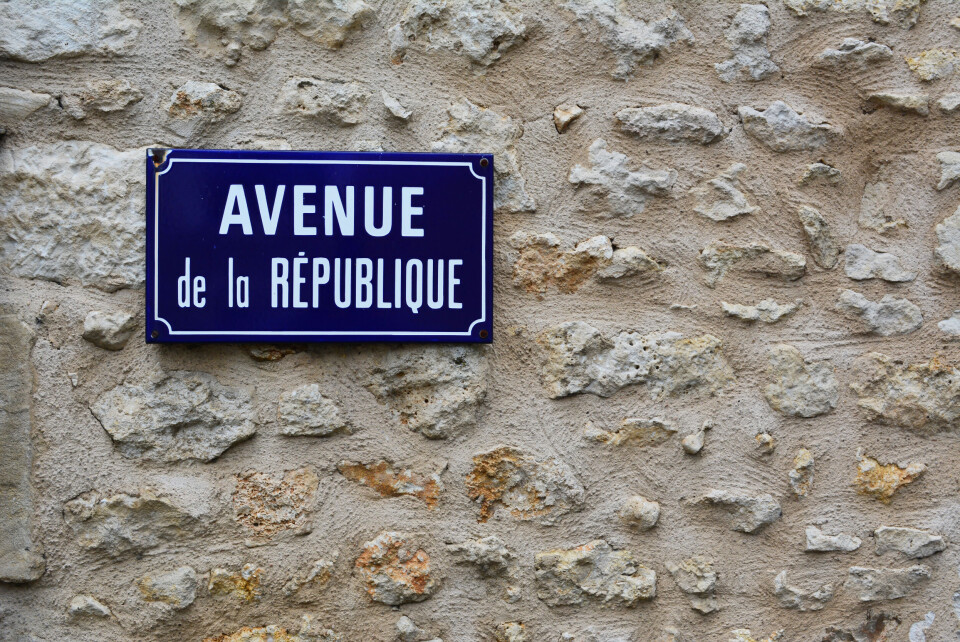-
Mysterious boom rattles residents in south-west France
Local community turns to social media for answers
-
France tightens reimbursement rules for flight delays or cancellations
New measures include mandatory mediation and new claim procedures
-
What snow conditions look like for skiers across French Alps and Pyrenees
Ski resorts are expected to get busier as school holidays begin this weekend
French village plans to (finally) number its houses and name streets
The Creuse village has just a few hundred residents so street names were not considered necessary, but new postal workers and modern technology are set to change this

A small village in central France looks finally set to give its streets official names (and number its houses) after decades without any. However, not all of the 430 residents agree with the move.
The village of Faux-la-Montagne, in Creuse, has so far done without street names, as no one seemed to think they were necessary. Residents felt they knew where everything was and street names felt superfluous.
French law allows communes with fewer than 2,000 inhabitants to leave their streets unnamed if they wish.
But now, mayor of the village Catherine Moulin is working on a plan to name the roads, lanes, and public squares after several issues cropped up due to the lack of official addresses.
‘Proper functioning of services’
Postal workers have struggled in particular, and the issue has also posed problems for emergency services.
Ms Moulin told BMFTV: “Until now, we had postal workers who had spent their whole career here. They knew the place, the residents - but over the past 10 years, that has changed.
“La Poste has sent more and more workers on short-term contracts that change every 18 months, and these people obviously don’t know the area or the people.
“We have already been asked [to name the streets] several times by La Poste but until now we had resisted the pressure. But now, not a day goes by without a lost delivery driver coming in to [the mairie] to ask us to take in a parcel.”
Public law specialist Ms Delphine Krust said that while communes are allowed to keep their streets unnamed, the local council must still “ensure the proper functioning of public services that it is responsible for, especially when it comes to letters and parcels coming from La Poste”.
Mayor Ms Moulin said that emergency services have also found the situation difficult recently.
She said: “With the SAMU, it’s usually OK because they know the area and the people relatively well. But it’s more difficult with private ambulances. In the past, it has led to some dramatic situations.”
She added that the status quo could also cause problems with future technology.
She said: “We are going to have to figure this out if we want optic fibre internet to arrive in 2025 as planned. If only for that, we need to number the houses. We have no right to stop our residents from having access to this kind of service.”
Amazon fears
However, the plans have received objections from some. In mid-October, authorities received an anonymous letter from someone who was strongly against the move.
Ms Moulin explained: “People think that if we do this, it will encourage Amazon deliveries but I don’t think we can suggest that not naming our streets will somehow undermine Amazon.”
Street name rules
When it comes to naming streets, legal expert Ms Krust explained that the process is “not arbitrary”.
She said: “The name of a street must be in keeping with public order and ‘good morals’ (the definition of which is bound to evolve over time), and it can be linked to the town itself.”
The mayor said that nothing had yet been decided for certain and that the question is set to be debated by the municipal council before the end of the year.
Yet, she has already started to gather street names suggestions from residents, with a view to considering them in the next few weeks.
Ms Moulin said: "These are just ideas, but some residents suggested that all the names of the streets in the commune should be women's names, for example.”
























